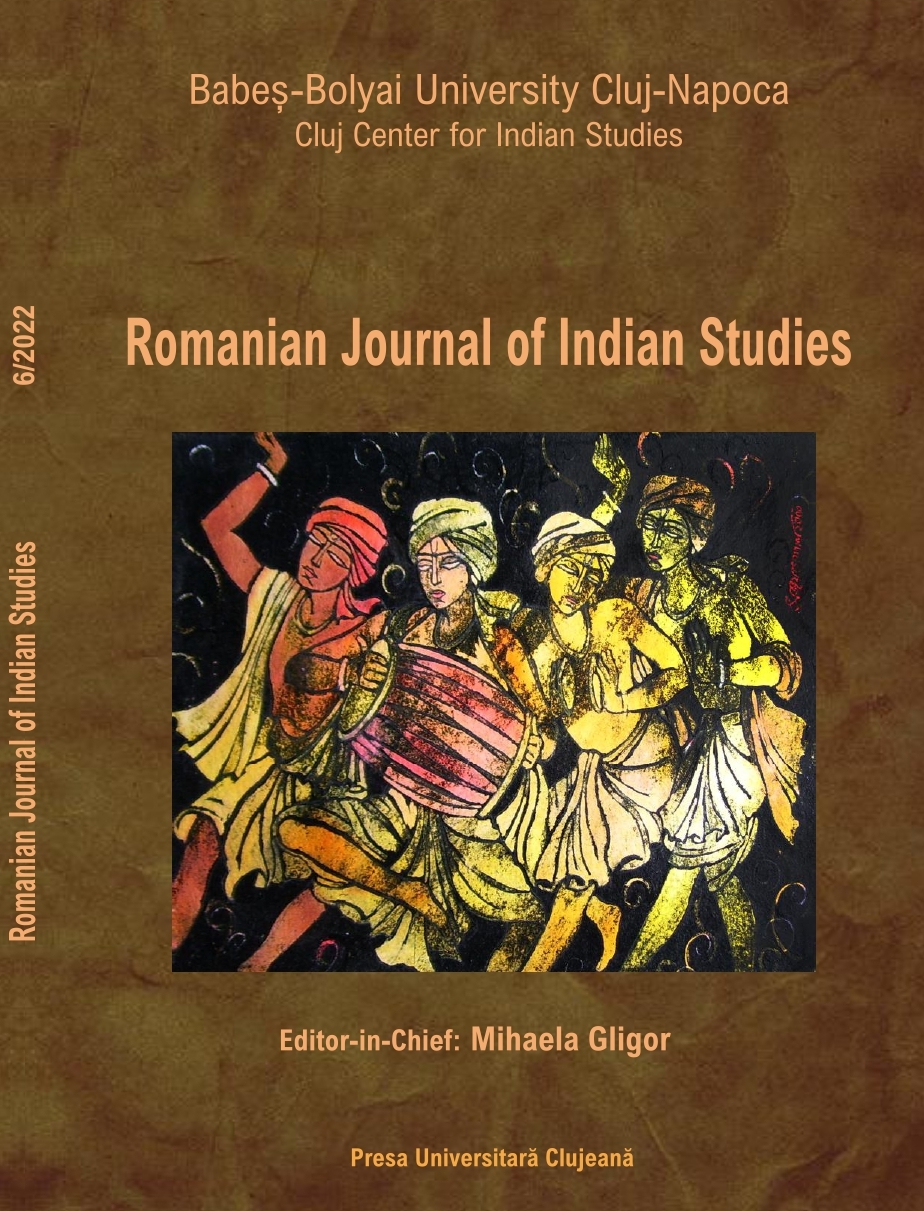The Third Assembly of the World Council of Churches in New Delhi, in 1961, in the Asian Religious Context of the Second Half of the Twentieth Century
The Third Assembly of the World Council of Churches in New Delhi, in 1961, in the Asian Religious Context of the Second Half of the Twentieth Century
Author(s): Ștefan PopaSubject(s): History, Philosophy, Cultural history, Bibliography, General Reference Works, Non-European Philosophy, Comparative history, Diplomatic history, Oral history, Theology and Religion, Comparative Studies of Religion, Indian Philosophy, Source Material, History of Religion
Published by: Presa Universitara Clujeana
Keywords: Asian Religions; Ecumenical Movement; Indian Christianity; Indian History; Interreligious Dialogue; Postcolonialism; Religion and Politics; World Council of Churches;
Summary/Abstract: The Third General Assembly of the World Council of Churches took place in New Delhi, a multicultural and interreligious town in India. By this means, the World Council took a step forward towards the dialogue with the world’s religions. From ancient times, India was a place of dialogue between adherents of different cultures and religious traditions. At the Third General Assembly of the WCC, the interreligious dialogue which will be more acknowledged throughout the years became a leitmotif on the ecumenical agenda of the member churches. In this study, I try to present how this historical ecumenical event has shaped the interreligious dialogue architecture of the World Council and how it fits in the Asian interreligious landscape. It was the first General Assembly of the WCC outside the traditional Christian space, which up to that moment represents more or less the European and North-American geographical space.
Journal: ROMANIAN JOURNAL OF INDIAN STUDIES
- Issue Year: 1/2022
- Issue No: 1
- Page Range: 123-148
- Page Count: 26
- Language: English

